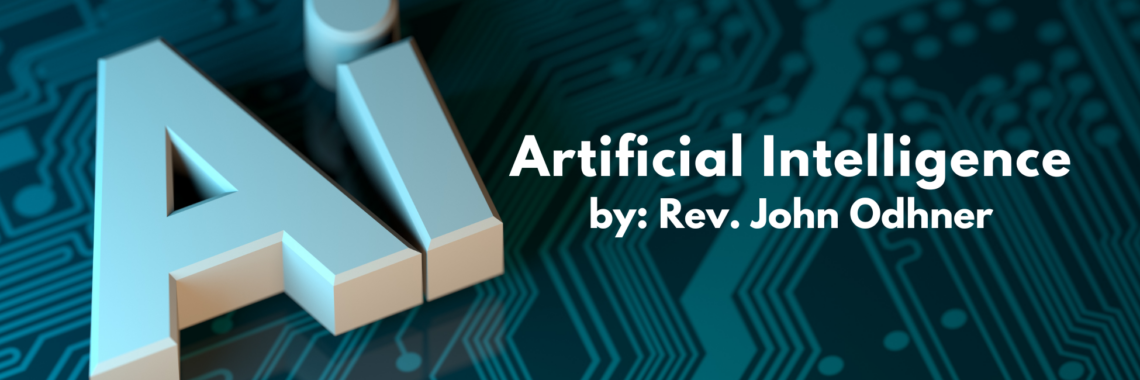Artificial intelligence has been in the news a lot lately, with demonstrations of AI-powered robots that can increasingly mimic human behavior. In 1950 Alan Turing proposed to test whether computers could think by seeing whether a human tester could tell the difference between a computer and another human through text conversations. Recent advances expand the communication to audio and visual communication as well. The Turing test is not standardized, so no one can definitively say that it has been passed. In any case, passing it doesn’t mean that a computer can think, but only that it can appear to be thinking. In fact, the computer’s “thinking” is just an ability to mimic human intelligence so well that it can appear to be thinking.
Some people have long dreamt of creating embodiments of human beauty and wisdom. Ovid’s Pygmalion, being dissatisfied with the many faults he observed in women, carved his perfect woman from ivory. After falling in love with his beautiful statue, the goddess Aphrodite brought her to life for him. Perhaps it is a parable of a man who falls in love with his own intelligence, and consequently is unable to love a real woman and turns to creating an idol to represent his self-intelligence. It is vaguely reminiscent, though, of the Lord creating Eve from Adam’s rib, taking away a man’s own intelligence and replacing it with love for his wife. It also brings to mind the Lord creating Adam from clay, then breathing into him the breath of life.
In fact, there is not much difference between human intelligence and artificial intelligence. “There is no such thing as human prudence. It only appears that there is, and there ought to be this appearance. But the Divine Providence is universal because it is in things most individual.” (Divine Providence 191) Like computers or robots passing a Turing test, we humans have no intelligence or wisdom of our own, but we can appear to have intelligence and wisdom to the extent that we can become images and likenesses of the Lord. Likewise, the artificial intelligences we create will increasingly appear to have wisdom and intelligence just to the extent that they can reflect human intelligence, and to the extent that that human intelligence that creates them is a reflection of the Lord’s wisdom and love.

